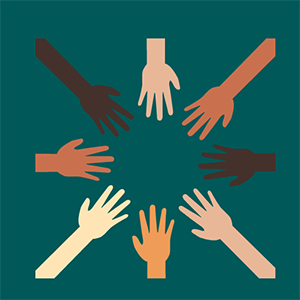
Sayville Library's Sustainability Initiative
Sayville Library and its Board of Trustees will support principles that ensure a resilient, sustainable community and library for all its residents. The Library understands what measures we have taken so far are only a first step in a larger sustainability initiative that is underway in many libraries throughout New York State, as well as nation-wide. We are now committed to a “triple bottom line” definition of sustainability: environmentally sound, economically feasible, and socially equitable.
Through a wide range of actions, both large and small, the Library will show its commitment to our sustainability goals. You can check here to follow along on our sustainability journey and see all the different actions we have taken toward this goal.
Our Sustainability Policy can be found HERE.
Upcoming Events
Did you know that Americans spend approximately $3.2 billion a year on gift wrap, most of which goes directly to the landfill? This year, instead of throwing out unwanted but still usable gift wrap or gift bags, bring them to our swap!
Dr. Marianne E. McNamara, Professor of Biology and Oceanography, will highlight the adventures of conducting research on and living aboard an icebreaker for two months at the bottom of the world.
Recommendations
-
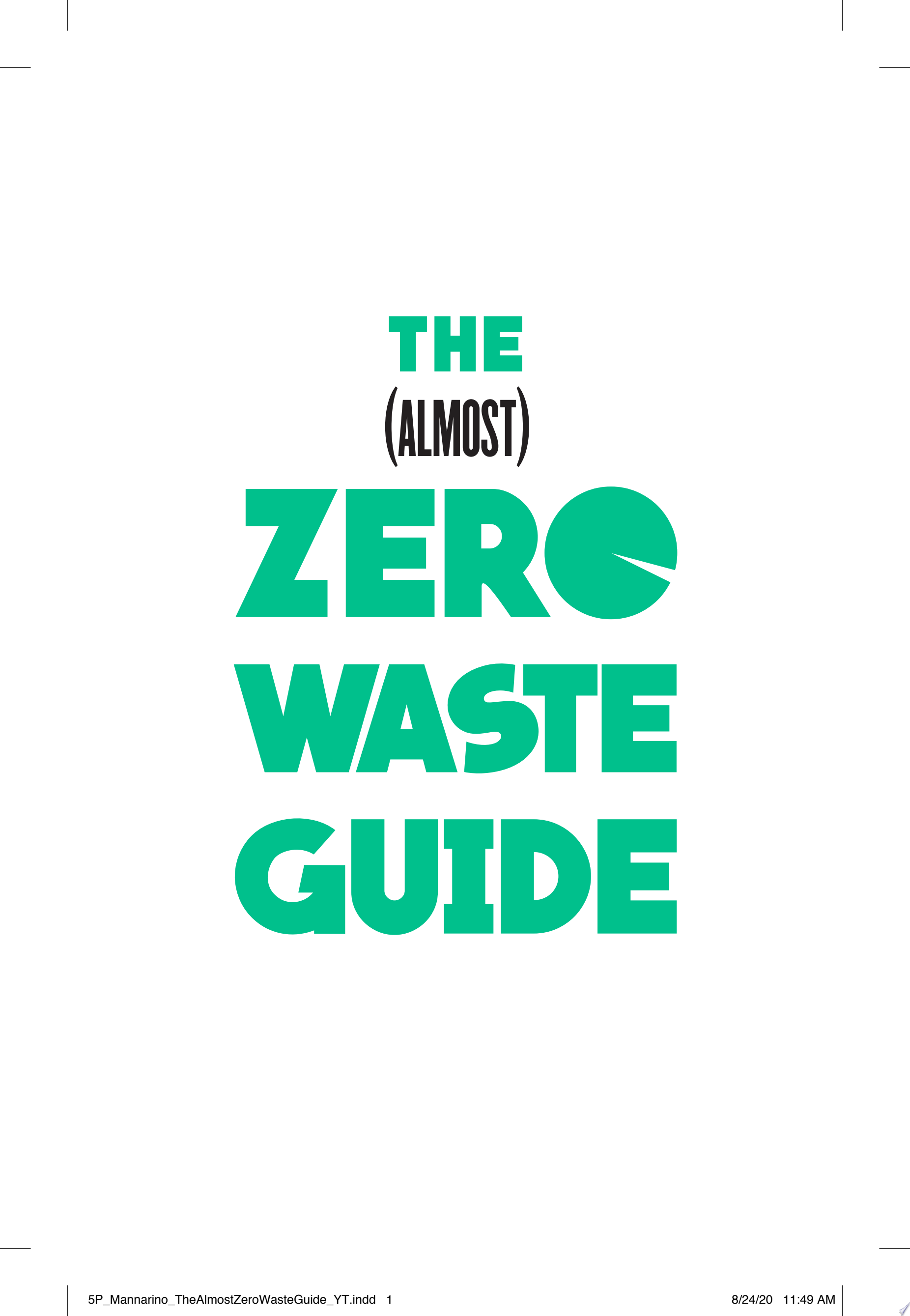
The (Almost) Zero-Waste Guide
Cut back on waste, reduce your carbon footprint, and live more sustainably with these 100 (almost) zero-waste tips
In a perfect world, we would all be able to fit a year’s worth of waste in a mason jar. But for most of us, doing so can be immensely intimidating or simply not feasible.
But even if you can’t be perfectly zero waste, you can still have a profound impact on our environment, climate, and health by making some simple changes to your lifestyle and habits. Author Melanie Mannarino shares 100 simple tips for being less wasteful in a variety of contexts:
-At Home, with advice not only for the kitchen and food, but also for cleaning and home organization
-Travel, from commuting to vacations
-Fashion, including finding sustainable brands and caring for your clothing
-Community, helping you identify ways to make a broader impact beyond your home
Beyond limiting your personal waste, learn about how you can reduce your “unseen” waste by making more eco-friendly choices, such as purchasing clothes with more sustainable fabrics and adopting a “Meatless Monday” regimen to help decrease your carbon footprint.
If you’re someone who wants to reduce waste in your daily life and make a positive impact on the planet without making drastic changes in your habits, then look no further. This highly accessible and practical guide will have you living a greener, more sustainable life that is (almost) zero waste in no time! -
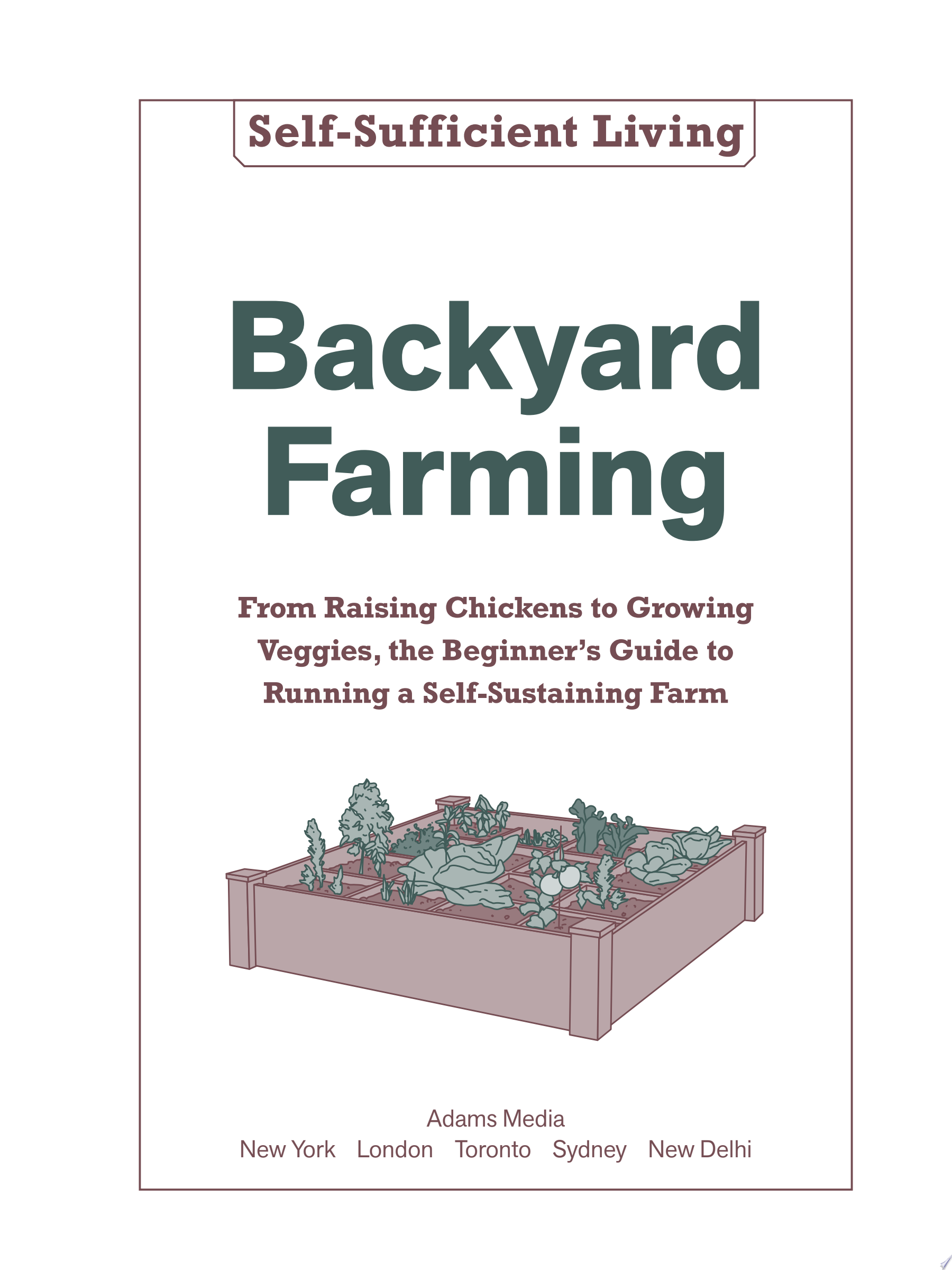
Backyard Farming
Grow, raise, and store your own food with this simple and easy guide to creating a self-sustaining farm right in your backyard!
These days we are all looking for ways to become more self-sufficient. Now with Backyard Farming you can create your very own micro farm right in your backyard—no matter where you live! Now you can discover ways to grow, raise, and store your own food year round whether you live in an urban environment, in the suburbs, or out in the country. From raising chickens and beekeeping to growing vegetables and planting fruit trees, this guide to homesteading will help you become more self-reliant in no time! -
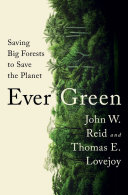
Ever Green
Clear, provocative, and persuasive, Ever Green is an inspiring call to action to conserve Earth’s irreplaceable wild woods, counteract climate change, and save the planet.
Five stunningly large forests remain on Earth: the Taiga, extending from the Pacific Ocean across all of Russia and far-northern Europe; the North American boreal, ranging from Alaska’s Bering seacoast to Canada’s Atlantic shore; the Amazon, covering almost the entirety of South America’s bulge; the Congo, occupying parts of six nations in Africa’s wet equatorial middle; and the island forest of New Guinea, twice the size of California.
These megaforests are vital to preserving global biodiversity, thousands of cultures, and a stable climate, as economist John W. Reid and celebrated biologist Thomas E. Lovejoy argue convincingly in Ever Green. Megaforests serve an essential role in decarbonizing the atmosphere—the boreal alone holds 1.8 trillion metric tons of carbon in its deep soils and peat layers, 190 years’ worth of global emissions at 2019 levels—and saving them is the most immediate and affordable large-scale solution to our planet’s most formidable ongoing crisis.
Reid and Lovejoy offer practical solutions to address the biggest challenges these forests face, from vastly expanding protected areas, to supporting Indigenous forest stewards, to planning smarter road networks. In gorgeous prose that evokes the majesty of these ancient forests along with the people and animals who inhabit them, Reid and Lovejoy take us on an exhilarating global journey.
-
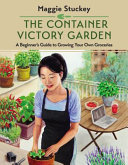
The Container Victory Garden
Even if all you have is a postage stamp's worth of space on a balcony, patio, or front stoop, The Container Victory Garden equips you to dig into the joys of container gardening, right where you are.
Imagine this: In the morning, you pluck a few mint leaves from your backdoor herb garden and add them to your tea. A few hours later, you step out onto your patio and collect a handful of lettuce leaves for your lunch salad. Just before dinner, you harvest a few basil leaves and cherry tomatoes for a delicious caprese pasta.
In her trademark warm and informative style, bestselling author and expert gardener Maggie Stuckey shares everything you need to know to succeed with container gardening: planning, gearing up, planting, nurturing, and harvesting.
In The Container Victory Garden, you will find:
- detailed line art drawings that illustrate many gardening techniques and set-ups
- first-person stories of World War II Victory Gardens and their inspiration for today's gardeners
- beautiful full-color paintings of diverse people enjoying their container gardens
This is the promise of container gardening: a fresh bounty of vegetables, herbs, and edible flowers you can enjoy in every season.
-
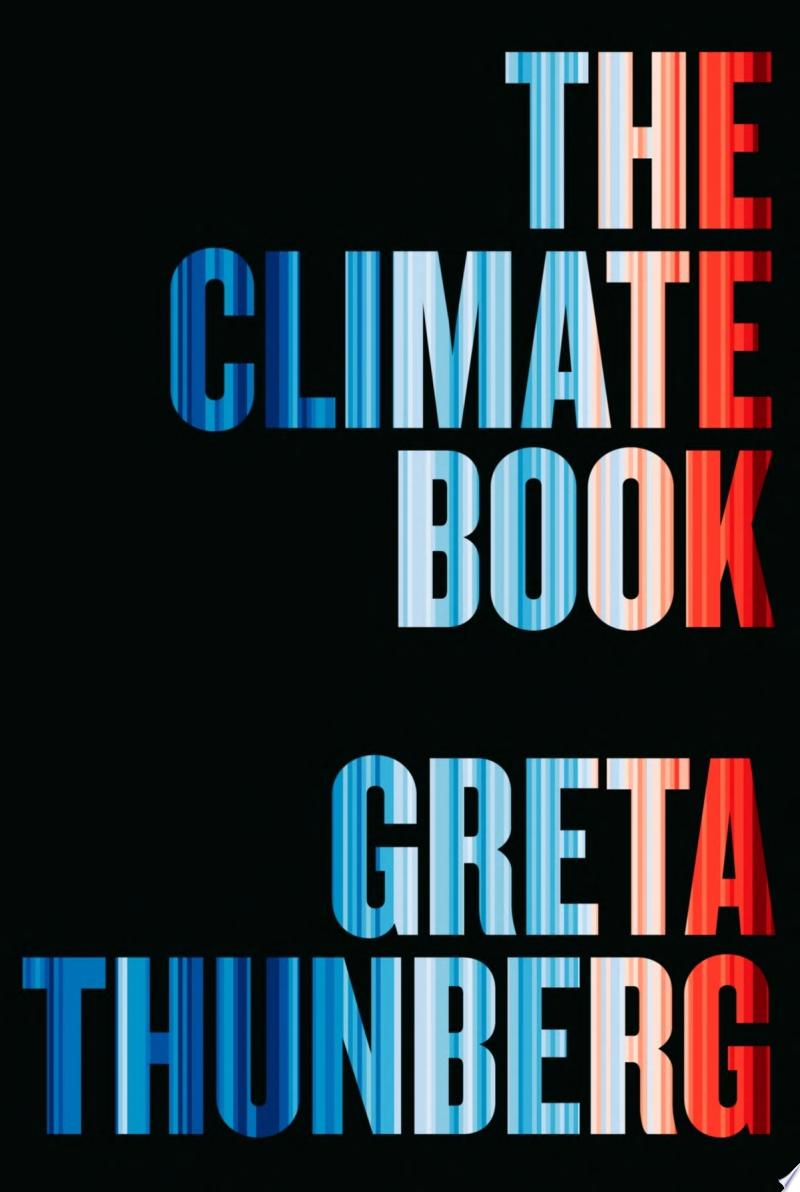
The Climate Book
A NEW YORK TIMES BESTSELLER
We still have time to change the world. From climate activist Greta Thunberg, comes the essential handbook for making it happen.
You might think it's an impossible task: secure a safe future for life on Earth, at a scale and speed never seen, against all the odds. There is hope—but only if we listen to the science before it's too late.
In The Climate Book, Greta Thunberg has gathered the wisdom of over one hundred experts—geophysicists, oceanographers and meteorologists; engineers, economists and mathematicians; historians, philosophers and Indigenous leaders—to equip us all with the knowledge we need to combat climate disaster. Throughout, illuminating and often shocking grayscale charts, graphs, diagrams, photographs, and illustrations underscore their research and their arguments. Alongside them, she shares her own stories of demonstrating and uncovering greenwashing around the world, revealing how much we have been kept in the dark. This is one of our biggest challenges, she shows, but also our greatest source of hope. Once we are given the full picture, how can we not act? And if a schoolchild's strike could ignite a global protest, what could we do collectively if we tried?
We are alive at the most decisive time in the history of humanity. Together, we can do the seemingly impossible. But it has to be us, and it has to be now.
How does Sayville Library Fulfill the Triple Bottom Line?
Environmentally Sound
- Solar Panels: to date we have saved well over 1 million pounds of carbon dioxide emissions and are approaching an energy savings of 1 million kilowatt hours.
- LED lighting: throughout the building, every light fixture has been changed to LED bulbs, reducing our carbon footprint.
- Water bottle refill stations: saving over 13,000 plastic water bottles being used.
- Geothermal heat pump system for heating and cooling: not a drop of oil or gas has ever been used.
- Environmentally friendly landscaping: We use only organic treatments and naturally disease and pest resistant species.


Economic Feasibility
- The Library received PSEG and NYS grants for our LED lighting project, as well as using our existing maintenance funds, so we were able to reduce our electricity bill with no additional cost to the taxpayers.
- The Library offers financial education programs throughout the year.
- An internal audit of the Library's finances is performed annually

- Grocery bags
- Bread bags
- Bubble wrap
- Dry cleaning bags
- Newspaper sleeves
- Ice bags
- Plastic shipping envelopes
NexTrex Recycling Challenge
The Sayville Library invites you to take the NexTrex Recycling Challenge with us! Look for our Trex Recycling bin in the lobby, the Adult floor, and the Children's floor and recycle your soft plastics. Make sure they are clean, dry and food residue free.
If we collect over 500 lbs. of plastics we can win a Trex bench made from recycled plastics! List of eligible plastics to recycle:
- Ziplock and other resealable food bags
- Cereal bags
- Case overwraps
- Salt bags
- Plastic wrap / stretch film
- Wood pallet bags
- Produce bags
